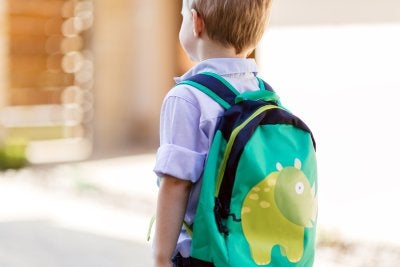Pre-kindergarten, or pre-K is an extremely valuable transition year between early education and kindergarten that helps children prepare for the demands of the kindergarten classroom. Pre-K programs are voluntary and help children develop a love of learning that can last them a lifetime. If you are thinking of enrolling your children in pre-kindergarten in Pembroke Pines , here is what you need to know about what happens in the classroom. 
Self-Help Skills
When your child transitions to the big-kid world of kindergarten, he or she will be expected to be self-sufficient in a number of different ways. Although teachers will always be available to help, kids entering kindergarten benefit from knowing how to tie their shoes, zip and unzip their coats, and open the food in their lunchboxes. They should also know how to use their scissors, uncap their clue, and hold their pencils. Learning these self-help skills also gives kids a chance to practice their fine motor skills. These are also great things for parents to practice with their pre-kindergarten aged kids at him.
Letters and Numbers
Letter and numbers are a big part of kindergarten and pre-k. Kids in pre-Kindergarten will get plenty of practice recognizing and writing numbers and letters, which they will continue to learn and apply in kindergarten as they learn to read. Letters and numbers will be practiced in a number of different ways, especially through play.
Physical Play
Physical play has a long list of purposes in pre-k classroom. First, different types of physical play helps kids practice their gross and fine motor skills. Likewise, different play activities help kids learn other lessons, including counting, letters, and other pre-literacy and pre-math skills. Last but not least, physical play helps pre-k students work on their social skills. Through play, they have to learn to cooperate with classmates, respect and follow the rules, and compromise on disputes. Through play, they also get to practice winning and losing, which will help them throughout their school lives.

